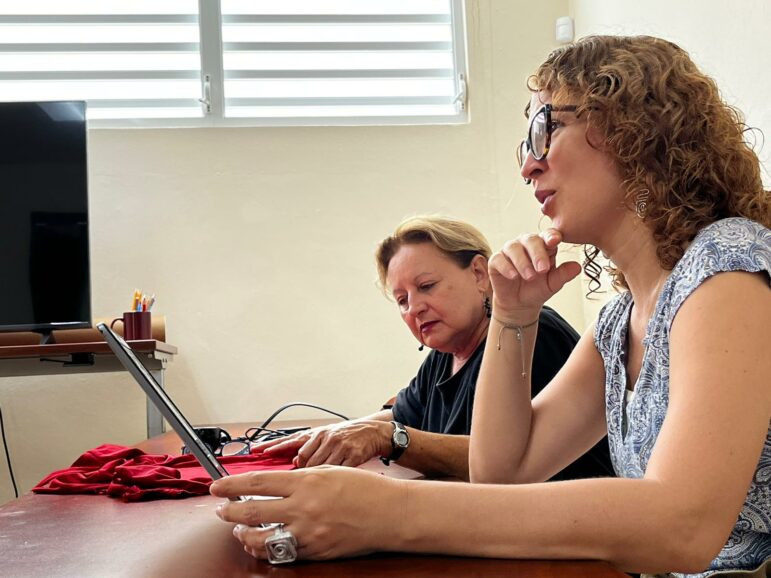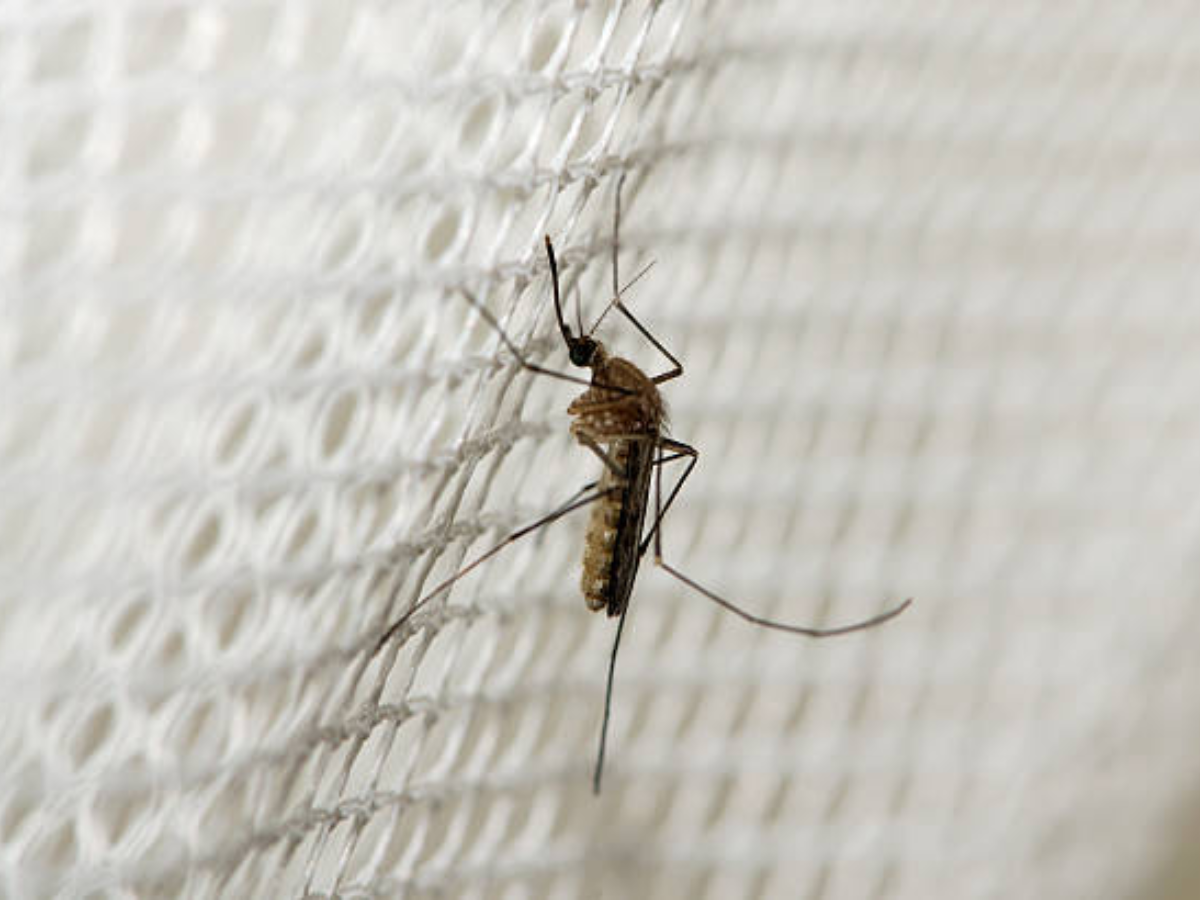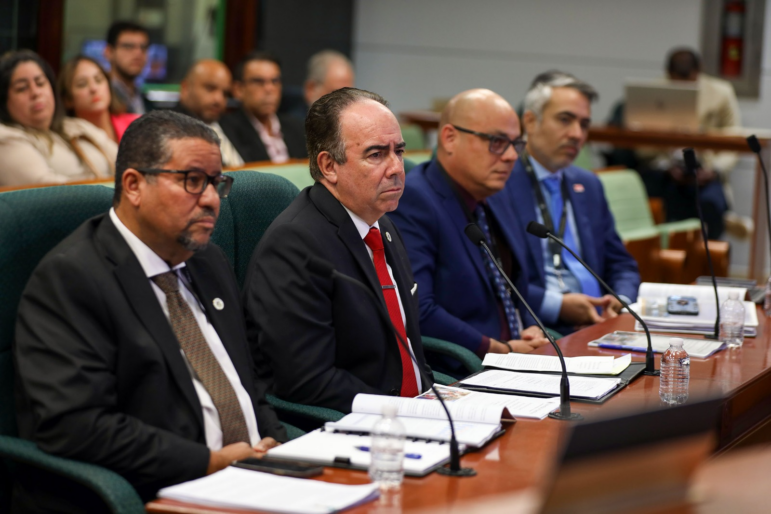Washington: The US Centers for Disease Control and Prevention issued an alert on Monday after five malaria cases were confirmed, the first locally acquired cases…
Posts published in “News”
News
Yokepost.com’s News Category is your go-to source for the latest global news and insightful analysis. Stay up-to-date with the most recent developments and breaking stories from around the world.
Dive into a wide range of news topics, including politics, business, technology, entertainment, and more. With a focus on delivering analytical news and in-depth insights,
Yokepost.com
keeps you well-informed and provides a comprehensive understanding of the events shaping our world.
Explore news analytics and gain a deeper perspective on current affairs with Yokepost.com’s News Category.
Uncover the hidden risks of "Pink WhatsApp" in this revealing investigative article. Discover the dangers it poses to your privacy and security. Stay informed and safeguard your digital well-being.
For fiscal year 2022-2023, the University of Puerto Rico (UPR) identified $34,501,712 for the electricity costs of its 11 campuses, equivalent to 3% of the…
The UPRs general budget — which has been reduced by 48% over the past six years — is $1,320,564,000 for the 2023-2024 fiscal year. The…
In September 2020, Vilma Velázquez Hernández was summoned for an expropriation lawsuit because, without her knowing, the house she lives with her husband in the Jardines de Barcelona complex was declared a public nuisance by the Municipality of Juncos.
There is a positive report before the Senate for the approval of a law that would entrust the “international marketing” of the University of Puerto Rico (UPR) to a private non-profit foundation — which was created in 2017 by the same university institution — that it will receive for these purposes at least $5 million annually from the General Fund.
The report, rendered on June 14, which recommends the approval of Senate Bill 1068, was based solely on an explanatory memorandum by the president of the UPR, Luis A. Ferrao. The measure did not have public hearings nor was the opinion of sectors of the university community or the country collected.
The project, presented in October 2022 by popular senators Juan Zaragoza Gómez, Elizabeth Rosa Vélez, Rosamar Trujillo Plumey, Ramón Ruiz Nieves and Albert Torres Berríos, seeks to University of Puerto Rico Foundation Inc., registered with the Department of State in 2017 by the former president of the UPR Celeste Freytes, is in charge of the visibility abroad of the main educational center in Puerto Rico. The idea is similar to the one that gave rise to the Destination Marketing Organization (DMO) with the approval of the Law for the Promotion of Puerto Rico as a tourist destination.
Originally, the piece of legislation proposed the creation of a corporation independent of the UPR, but Ferrao, who positively recommended the measure on behalf of the entire university system, proposed to the Senate’s Committee on Education, Tourism and Culture, delegate those powers to the University of Puerto Rico Foundation Inc. Ferrao also suggested the allocation of the budget for its operation.
The purpose of the initiative is to achieve the recruitment of students outside of Puerto Rico to counteract the decline in enrollment. This strategy is described in the Explanatory Memorandum as a “new tool” to give “beginning to policies and strategies for the development and growth of the UPR” in the face of the difficult fiscal panorama.
The project surprises teachers
According to the Puerto Rican Association of University Professors (APPU), the project tries to reinvent a wheel, since there are already programs that perform this function.
The UPR has the Office of International Affairs, Student Exchange, Agreements and Academic Collaboration Agreements. It operates as a liaison for the Vice Presidencies, organizes offices and dependencies so that they respond with an agenda aimed at the internationalization of the UPR and manages protocols for international admissions to the institution, among other tasks.

According to the APPU, the proposal will have the effect of wasting the few resources available by commissioning private efforts.
“If there is a real interest of the Legislature [en ayudar a la UPR], I would allocate that money — restricted for that — within the university budget. But that is not the intention, it is to subsidize this whole new structure that is going to require salaries, more hiring,” said María del Mar Rosa Rodríguez, president of the APPU.
“There is nothing wrong with bringing students from abroad, but it has to go hand in hand with efforts to meet the needs of Puerto Rican students. There is talk of investing in a mechanism to attract people from outside, and on the other hand we have to the students here without residenceswith facilities that are still abandoned,” said student leader Adrián Maldonado, from the UPR School of Law.
“There are offices with staff that can take on these kinds of functions. But it is a matter of focus, of prioritizing other instrumentalities. There are some internal tools that have been weakened by the economic reality of the university and, unfortunately, they are not working in the right direction, to raise what they have dropped by choosing this same route of subcontracting and improvisation”, Maldonado pointed out.
APPU members said they were taken by surprise by both the move and the positive report on the project issued in June.
“At the moment this is low, while we have been lobbying for the budget. He goes down and no one sees him. In the middle of the debate about how much money we are going to allocate to the UPR. What if $500 million, if more or less than $500. In the midst of this problem, at the moment we are talking about $5 million that will go elsewhere”, questioned the president of the APPU. “Annoying, because it doesn’t address the main problem, which is budgetary. Looking for students from abroad does not fix the local reality, it does not fix the tuition increases, that our students, mainly the most economically needy, do not have access to the UPR as they should, ”she added.
Professor Anilyn Díaz, from the UPR in Arecibo, questioned the methodology on which the analysis of the legislative measure was based.
The only indicator that is used [para el análisis de este proyecto de ley] is the population decline. That’s all. They forget the budget cut and the increase in enrollment, which are two elements that have limited admission, mainly for that population of students for whom we are the main study option, but whose resources cannot respond to the increases”, stressed.
raining on wet
Not only the professors and professors organized in the APPU were unaware of the legislative piece. None of the professors or students contacted by the CPI familiar with the processes related to academic experiences abroad or with the recruitment of international students knew of this measure.
Even the coordinators of the internationalization program of the UPR, with whom the CPI spoke in search of reaction, did not know about the bill.
“I am completely unaware of this project,” said Professor Jazmina Román, professor at UPR Humacao and director of the internationalization program at that campus for the past nine years. “We are a body of coordinators and we meet once a month. Our last meeting was on the third Friday of May and important issues such as agreements were discussed, but nothing was discussed about this, ”she assured.
“The goal of our offices is that our students have the opportunity to do academic mobility in these institutions [fuera de Puerto Rico]”, Román explained, adding that in the case of Río Piedras, Mayagüez and Medical Sciences have mechanisms to bring graduate students to study in Puerto Rico.
An example of what Román described is the Assistant Dean of International Relations (DARI) of the Río Piedras Campus, which provides services to international students, exchange students and professors. Its two main missions are to advance the international agenda of the Río Piedras Campus and facilitate the mobility of its students.
DARI has been managing educational and cultural exchange opportunities for years with universities in America, Europe, Asia, Africa and Australia. In fact, both Río Piedras and Mayagüez are part of the National Student Exchange Program (NSE), which brings together nearly 200 universities and colleges from the United States, Canada, Guam, Puerto Rico, and the Virgin Islands. The UPR receives students from the United States, Canada, France, Spain, Italy, Mexico, Asia, and South American countries, who already select the institution as a study destination to complete an academic degree.

The representative of the APPU in UPR-Arecibo, Anilyn Díaz, together with the recording secretary Nydia Chéverez Rodríguez.
Photo by José M. Encarnación Martínez | Center for Investigative Journalism
Among the provisions of the piece of legislation, whose focus is limited to demographic aspects, it is stated that “the foundation may contract the services of external organizations with sufficient expertise to achieve marketing efforts outside of Puerto Rico.” The elements that define this “sufficient expertise” are not detailed. In addition, it seeks to “establish the logistics of recruitment, orientation and management of the student body from the time they are outside of Puerto Rico and until they finish their studies at the university.” It is not explained how.
New York: LGBTQ+ Pride revelers display feathers and flags on streets from New York to San Francisco
NEW YORK: Celebrations mixed with shows of resistance on Sunday as LGBTQ+ pride parades filled the streets of some of the country’s biggest cities in…
WASHINGTON, DC: Describing Prime Minister Narendra Modi’s state visit to the US as “truly historic,” India’s Vice President of Lockheed-Martin, william blair He said that…
WASHINGTON DC: The US-India Joint Statement Released During Prime Ministerial Narendra ModiChina’s first state visit to the country left open the option of asking the…
WASHINGTON: United States Ambassador to India eric garcetti said the state visit of the prime minister Narendra Modi will go down in history as the…



